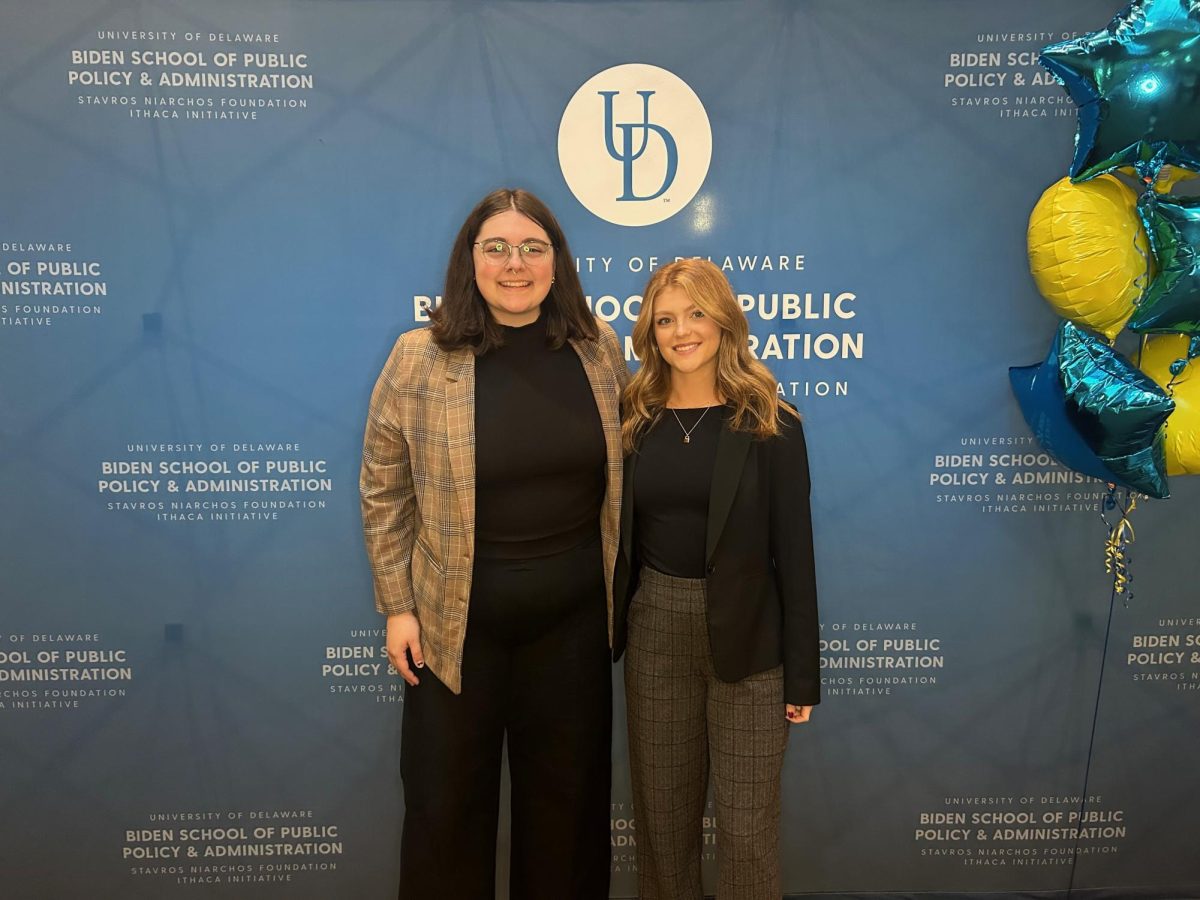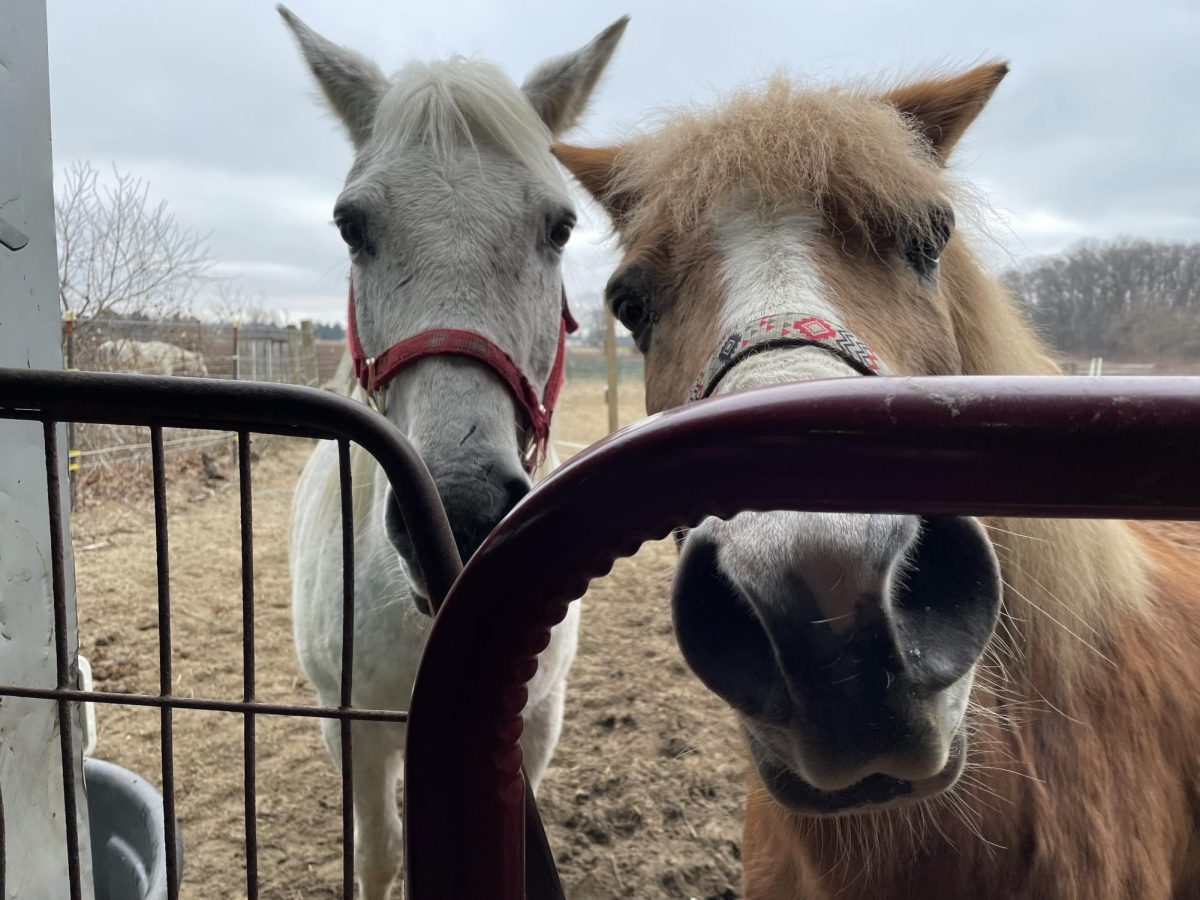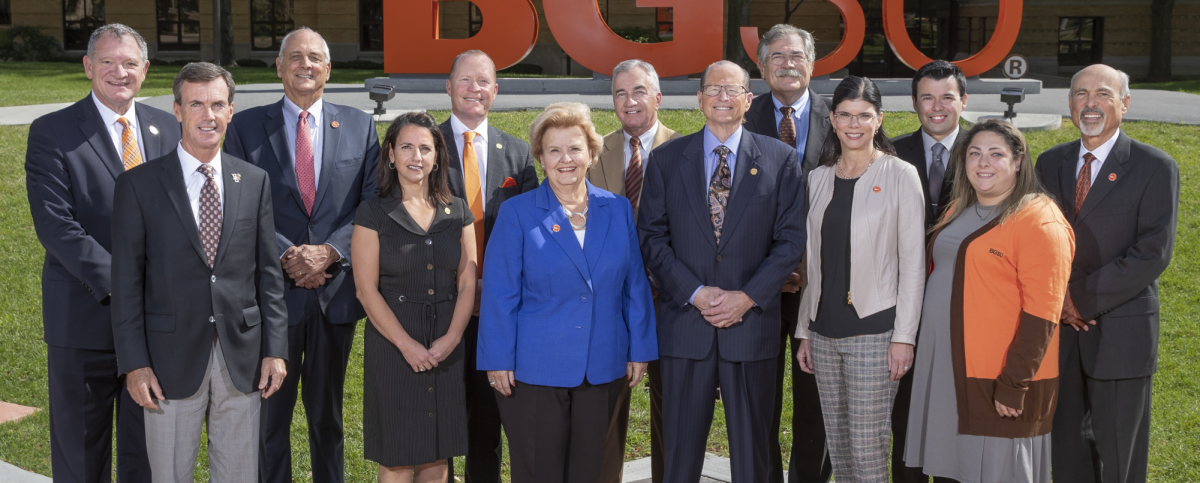The debate whether organic foods are worth the price was presented at yesterday Brown Bag Lunch series by Lisa Arose and Michelle Schotter.
Starting for the case of organic foods was an explanation of the labeling system used in grocery stores.
‘It’s kind of confusing,’ Schotter said. ‘The USDA [United States Department of Agriculture] approved label is the one which means it’s 100 percent organic.’
Other labeling could include ‘organic,’ meaning 95 percent organic; ‘made with organic,’ meaning 70 percent organic; and then ‘natural,’ ‘sustainable’ and ‘cage free,’ which doesn’t mean organic at all, Schotter said.
However, the label may be deceiving, Arose said.
‘It takes seven years for the USDA approval,’ she said. ‘They have to make sure all pesticides are completely out of the soil.’
While the farmer may be participating in organic practices, the label may not be present, so always ask, Arose said.
Talk then turned to whether organic foods have the potential to be healthier for buyers or the environment, including the vitamin content of the foods and the lack of pesticides’ impact on the environment.
‘The lack of pesticides is definitely healthier for people,’ Schotter said. ‘And they also help to conserve water.’
The tip to buying organic is to think locally.
‘If you’re really concerned about the environment, think about the fossil fuels,’ she said. ‘If it’s organic, but comes from California, is it really helping?’
Tips were also given for attendees to help determine which products should be bought organically, including peaches, strawberries, potatoes, peanut butter, baby food and others.
‘Those foods which retain water, also retain more pesticides,’ Arose said.
In order to keep pesticides out of foods, advice was given to grow plants when possible, or to at least wash and peel fruits and vegetables.
‘A lot of people don’t know that you’re supposed to wash bananas,’ said DeeDee Wentland, history staff member.
Fruits and vegetables with a peel such as bananas, cantaloupes and mangos also need to be washed, because when cutting them, the pesticides can come in from the outside in, Arose said.
The luncheon ended with the making of fresh hummus and advice to ‘make your own food’ whenever possible.
‘Organic food is so much more expensive,’ Wentland said. ‘But it’s definitely given me a lot to think about, especially how everything comes together.”













